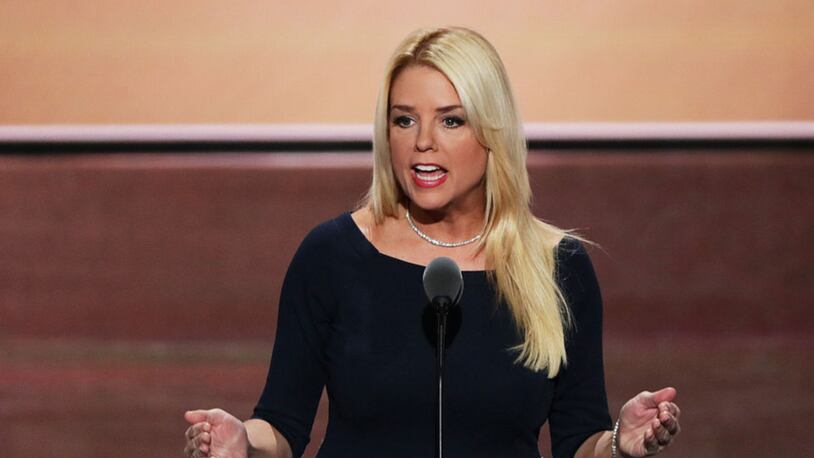While economists debate the wisdom of price controls, Florida law prohibits “extreme increases” in prices of food, water, hotel rooms, ice, gas, lumber and other items in high demand during an official emergency.
Most days, business owners who jack up prices to reflect soaring demand are lauded as savvy entrepreneurs.
In the days during and after a hurricane, though, a merchant who charges $5 for a gallon of gas or $100 for a sheet of plywood is derided as a shameless profiteer.
Florida's anti-gouging law was passed after Hurricane Andrew in 1992. While storm victims see price gougers as jackals, some economists worry that anti-gouging laws impose artificial price controls that can hamper recovery efforts.
"On balance, they're a bad idea," Randy Holcombe, an economics professor at Florida State University, said back in 2004, after three storms hit Florida. "When goods are in short supply, you want to give them to the people who have the greatest need. Price rationing is one way to do that."
If prices of construction materials and labor were allowed to soar with demand, for instance, out-of-state companies with extra building materials and workers would bring them to Florida to help meet demand, Holcombe said. After a brief spike, prices would fall as supply catches up with demand.
That's the theory, anyway. But because price rationing is illegal, the theory can't be put into practice.
Anyone who suspects price gouging should report it by calling 1-866-9-NO-SCAM.
About the Author
